Introducing an updated version of my original, ultra-simple 100-part 747-400. This airplane is 1:1 scale in power, weight, and dimensions.
Update: Added window glow (night), and adjusted the wing-flex formula to reduce wobble.
Version in Qantas Livery Here
Freighter Version Here
Length: 231 Feet 10 Inches
Wingspan: 213 Feet (fully fueled)
Empty Weight: 404,600 LBS
Maximum Takeoff Weight (MTOW): 875,000 LBS/ 392,893 KG
Weight as Modeled: 581,369 LBS/ 263,705 KG
Service Ceiling: 45,100 feet
Maximum Speed: 365 Knots Indicated/ Mach 0.92
Wing Flex - I developed a wing-flex formula intended to account for the aerodynamic effects of Lift, G-Force, Flaps, Speedbrakes, Fuel Load, and dynamic forces at touchdown. Big airplanes have a lot of wing flex!
Flight Controls - Roll control spoilers mix with speedbrakes depending on airspeed to provides realistic control coordination and responsiveness across the flight envelope. A Split rudder provides a realistic appearance. Aileron lockout occurs above 238 Knots Indicated Airspeed (KIAS), leaving the inboard ailerons with roll control.
Pitch Trim – Generally speaking, big jets require a lot of pitch trim between high and low-speed regimes. The 747 in particular features an all moving horizontal stabilizer for trim, although I did not model this to keep the part count down. It would be normal to notice a tendency for the nose to drop at low speeds and for the airplane to pitch up at higher speeds.
Flaps - For takeoff Use 1/3 to 2/3 VTOL, as this corresponds to Flaps 10 or 20 in the actual airplane. Rotation should occur after around 140 Knots (160 MPH)
Some Flight Handling Tips
For landing, I recommend using full flaps (VTOL), as this corresponds to Flaps 30 in the actual airplane. Approach the runway at a speed of 160 to 170 Knots Indicated, (180 to 195 MPH). This requires about 40% - 50% throttle at full flaps and gear down.
Engines are mounted at accurate angles, with a thrust correction formula to represent what I believe are more realistic power outputs at various altitudes, speeds, and throttle settings.
Nose wheel steering provides +/- 70 degrees of turn angle, although one should note that a characteristic of the 747 is that weight distribution is normally quite light on the nose wheel, so when taxiing one must proceed cautiously to avoid nosewheel slippage. (Thankfully SimplePlanes does not give us wet runways and taxiways!)
Another unique characteristic of the 747 is a rolling tendency about the longitudinal axis while on the ground. This owes to the design of the body- and wing- landing gear configuration, and can be controlled with aileron input combined with sufficient airspeed. In fact, with the main wheels touching the ground, engine contact with the surface may occur with little as 5 degrees bank. So proceed with caution in those gusty crosswinds! ;)
Although I don’t recommend it, the airplane “should” be able to ditch. (Water Landing).
Weight and Balance:
For this model, I considered the empty weight of a passenger 747-400 with no payload (~ 183,500 KG / 405,000 LBS) and added 80,000 KG / (176,400 LBS) of Fuel. The result is a balance between the maneuverability of a lightly loaded airplane, and the realistic sluggishness of a heavy jet.
The fuel is distributed across the 4 wing tanks per normal 747-400 fueling procedures.
Enjoy! I look forward to your comments and happy flying!
Specifications
Spotlights
- SyntheticL 1.2 years ago
- Username2 1.2 years ago
- CaptainBrayden 1.2 years ago
- DJRianGamer2009 1.2 years ago
- GalacticaAsia 1.2 years ago
- CCCP0000001 1.2 years ago
- Rjenteissussy 1.2 years ago
- ThatRandomCouchPotato 1.2 years ago
- MomoDesigns 1.2 years ago
- NormalCv580enjoyer 1.2 years ago
- Christiant2 1.2 years ago
- TheStarfighterGuy 1.2 years ago
- SouthJetLinhasAereas one year ago
General Characteristics
- Successors 2 airplane(s) +56 bonus
- Created On Windows
- Wingspan 212.1ft (64.6m)
- Length 231.7ft (70.6m)
- Height 65.5ft (20.0m)
- Empty Weight 404,645lbs (183,544kg)
- Loaded Weight 581,369lbs (263,704kg)
Performance
- Power/Weight Ratio 0.463
- Wing Loading 77.6lbs/ft2 (378.9kg/m2)
- Wing Area 7,491.2ft2 (696.0m2)
- Drag Points 115444
Parts
- Number of Parts 100
- Control Surfaces 14
- Performance Cost 828

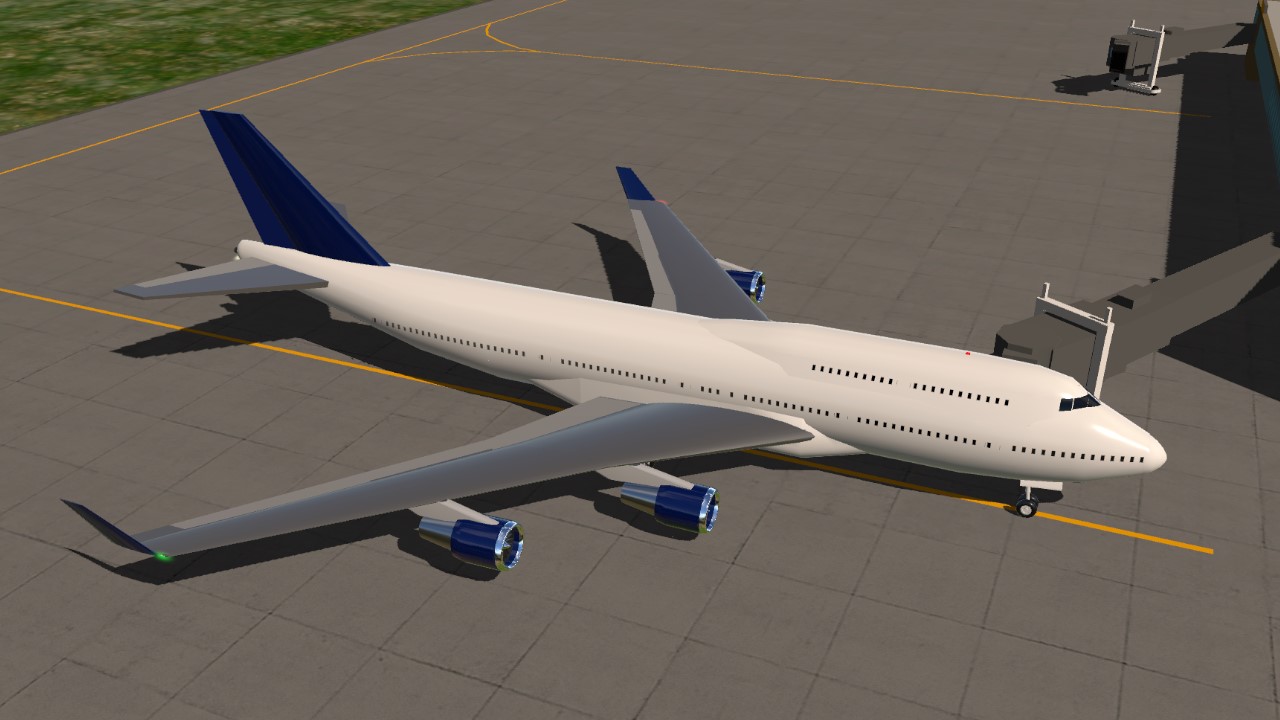
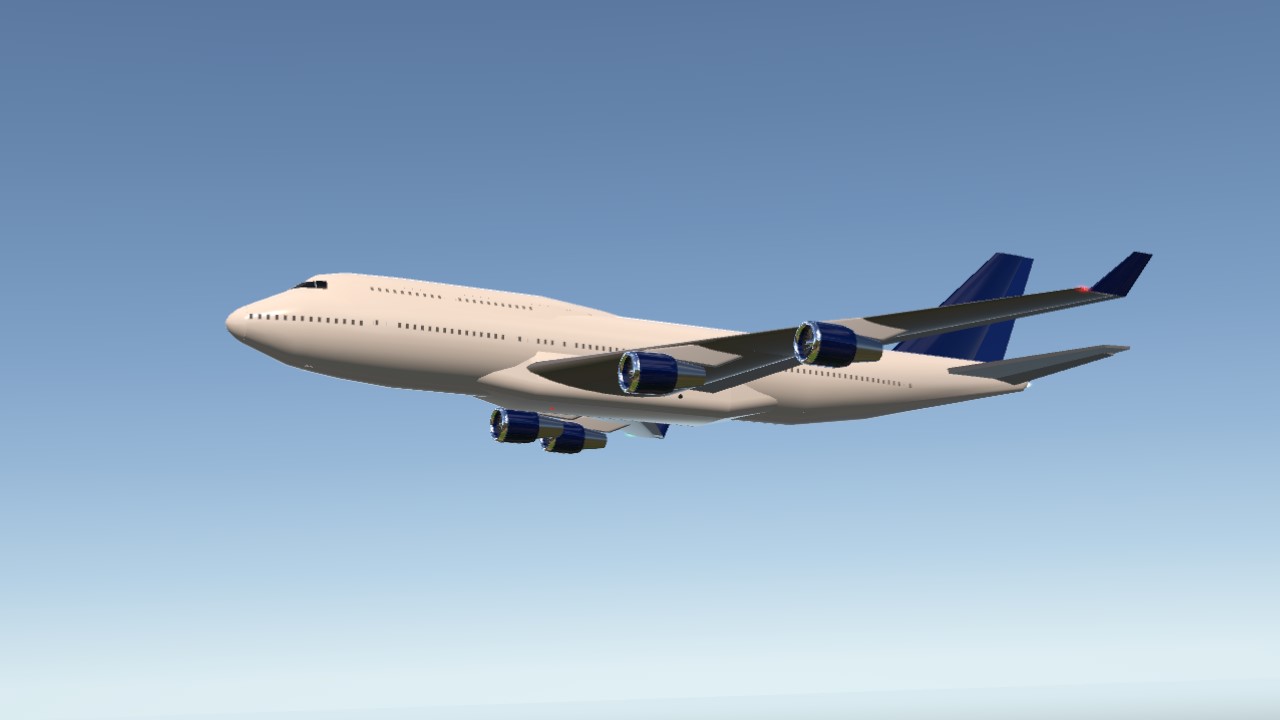
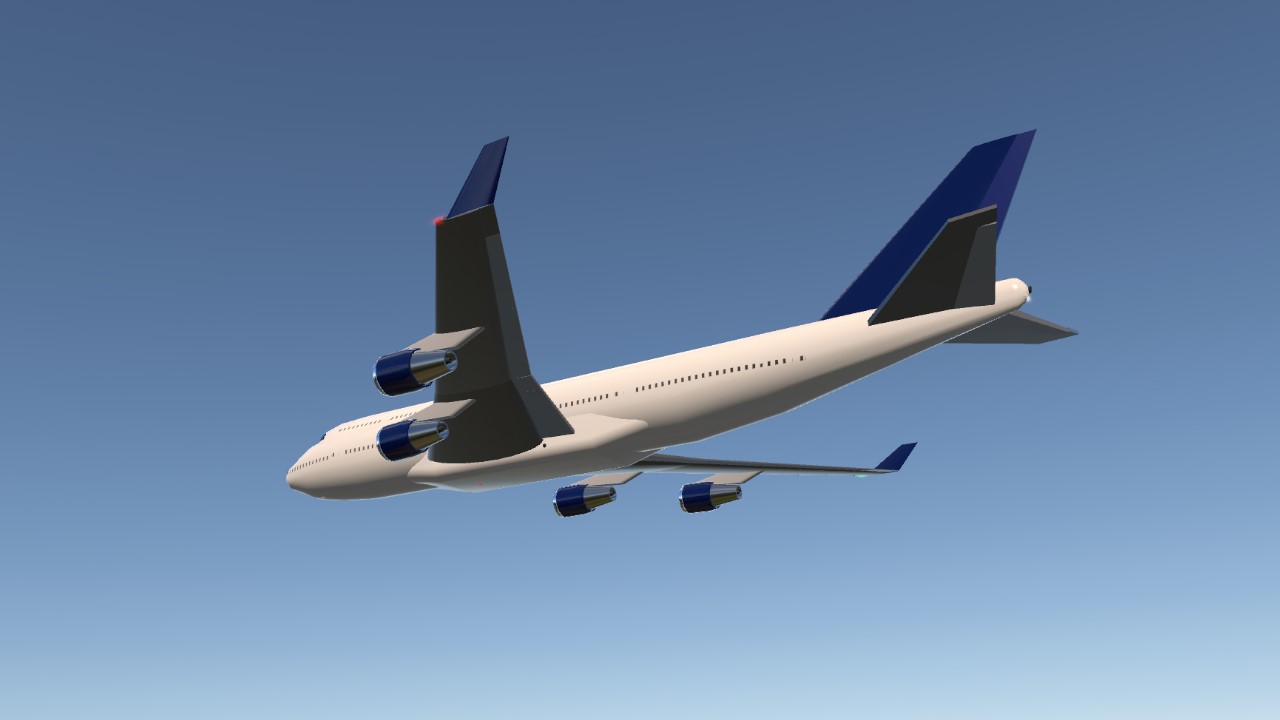
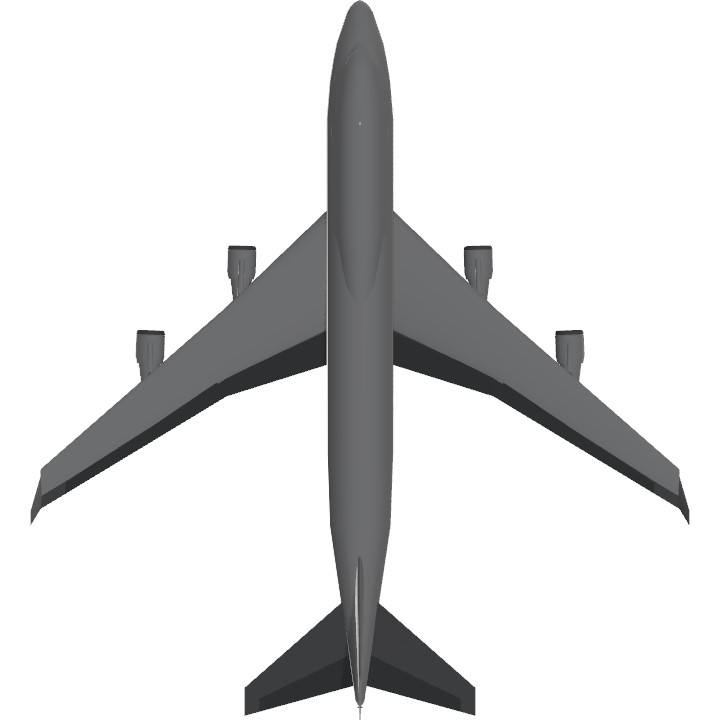
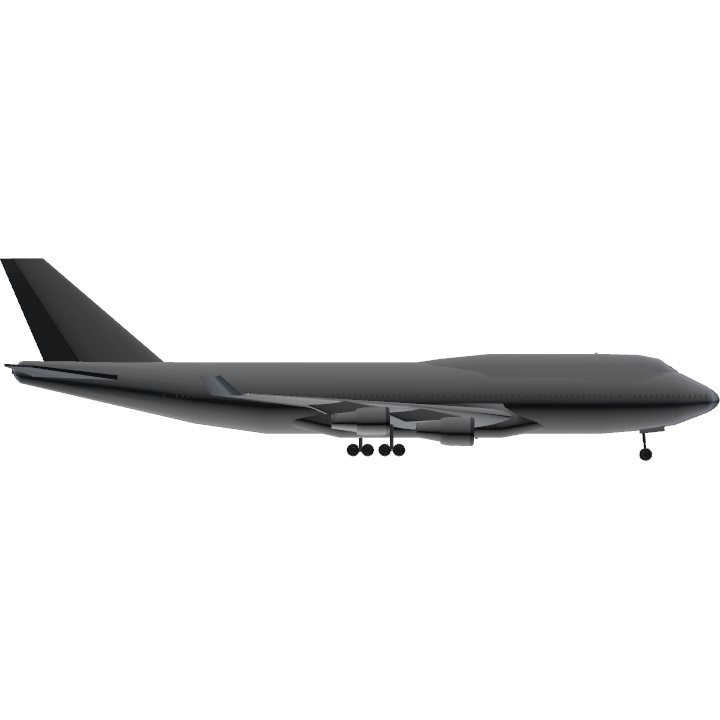
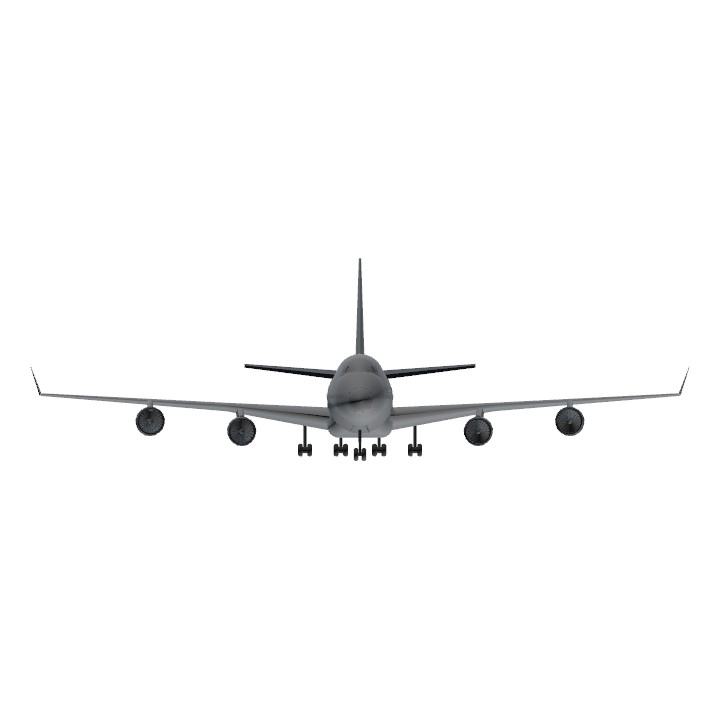
@1malklj Do you mean smaller airliners? I have had some ideas, what are you thinking?
What about domestic?
@DeadlyDialga Thanks, I find it is a fun challenge to build that way!
Don’t see many of these low part craft that actually look good (and are to scale). Well done.
@AircraftExperimental Sounds quite the experiment. I think about it
@WritersCrusadersAirCo2 make a T-34 variant that can house a german 105mm L7A3, but the turret must be mounted centrally and the engine deck must be extended, and the drivetrain must be based on the T-80 MBT
IF YOU SPAWN IT ON USS [[Mr. Beast]] CATAPULT, YOU WILL SEE [A Magic Trick]!!
Good build, very nice
It's so delicate!(☆▽☆)
My guy is underrated
Cool!
@B747Driver turned out great!
@Christiant2 Thanks! it has been a work-in-progress for a while!
Wow!